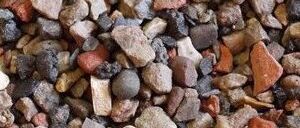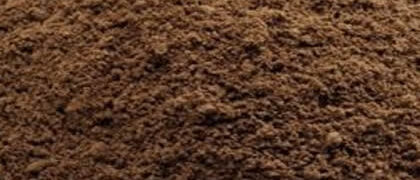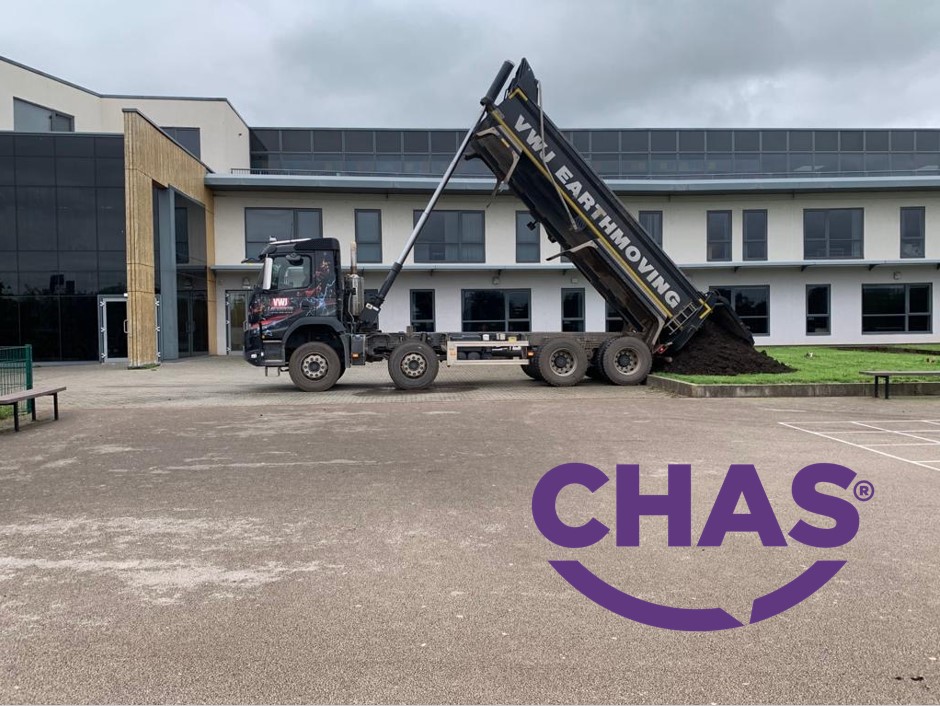VWJ Earthmoving – Quarried Aggregates
What are Quarried Aggregates?
Quarried Aggregates are Made From:
- They are natural materials extracted from the earth, typically composed of sand, gravel, and crushed stone.
- These aggregates are processed by crushing, screening, and washing to achieve desired sizes and gradations.
The Uses of These Aggregates are:
- Quarried aggregates are widely used in construction, including road building, concrete production, and foundation work.
- They are essential for high-specification projects like highways, bridges, and commercial buildings due to their strength and durability.
VWJ Earthmoving Quarried Aggregates
Why Buy Quarried Aggregates from VWJ Earthmoving?
Purchasing quarried aggregates from VWJ Earthmoving in Cheshire, Staffordshire, and Deeside ensures you receive top-quality materials ideal for demanding construction projects. Our aggregates are carefully sourced and processed to meet industry standards, providing consistent performance and reliability. Additionally, our expert team offers personalized service to ensure you get the right type and quantity for your specific needs. We understand the importance of timely delivery, which is why our 8-wheeled tippers deliver loose, 20-tonne loads directly to your site (with a minimum order of 10 tonnes). Choosing VWJ Earthmoving guarantees that your project will benefit from premium materials and outstanding service.
VWJ Earthmoving are able to supply:
quarried aggregates vs recycled aggregates
|
|
Quarried Aggregates |
Recycled Aggregates |
|
Production Processes |
Extraction: Involves blasting, cutting, or drilling rock from quarries.
|
Collection: Gathering and sorting recyclable materials from demolition sites. |
|
Environmental Impact |
Impact: Extraction processes can lead to habitat destruction, landscape alteration, and significant carbon emissions. Resource Use: Involves the depletion of natural resources. |
Impact: Reduces landfill waste, conserves natural resources, and generally has a lower carbon footprint. Sustainability: Promotes recycling and reusing materials, contributing to sustainable construction practices. |
|
Applications |
Primary Uses: Often used in high-specification applications requiring consistent quality, such as concrete production, road construction, and foundation work. Properties: Typically have high strength and durability, making them suitable for structural applications. |
Primary Uses: Used in a variety of applications including road base, sub-base materials, landscaping, and non-structural concrete. Properties: May vary in quality and strength depending on the source material and processing, but are generally adequate for many construction needs. |
|
Price |
Cost: Can be more expensive due to extraction and processing costs. |
Cost: Often more cost-effective due to lower raw material costs and reduced transportation expenses from local sources. |
Common Questions About Quarried Aggregates
Q: What are the main types of quarried aggregates available?
A: The main types include sand, gravel, and crushed stone, each suited for different construction purposes.
Q: How would delivery occur?
A: VWJ Earthmoving would deliver in 20-tonne loads using 8-wheeled tippers, with a minimum order of 10 tonnes.
Q: Are quarried aggregates environmentally friendly?
A: If you are looking for an environmentally friendly option, recycled aggregates would be more suited for you.
Q: How do I know which type of quarried aggregate I need?
A: Our team at VWJ Earthmoving can help you choose the right aggregate based on your project requirements, ensuring optimal results.
Q: Can this product be used in landscaping?
A: Yes, certain types like gravel and sand are made for use in the landscaping industry. e.g. for paths, driveways, and decorative features.
Q: How are quarried aggregates processed?
A: They are processed through crushing, screening, and washing to achieve specific sizes and remove impurities, ensuring high quality.
Locations we supply quarried aggregates to include
Crewe – Nantwich – Sandbach – Congleton – Holmes Chapel – Knutsford – Macclesfield – Middlewich – Winsford – Northwich – Hartford – Tarporley – Chester – Ellesmere Port – Alsager – Kidsgrove – Biddulph – Betley – Madeley – Keele – Audley – Newcastle-under-Lyme – Stoke-on-Trent – Tunstall – Burslem – Longton – Hanley – Fenton – Hanchurch – Trentham – Werrington – Blythe Bridge – Caverswall – Meir – Stone – Loggerheads – Stafford




